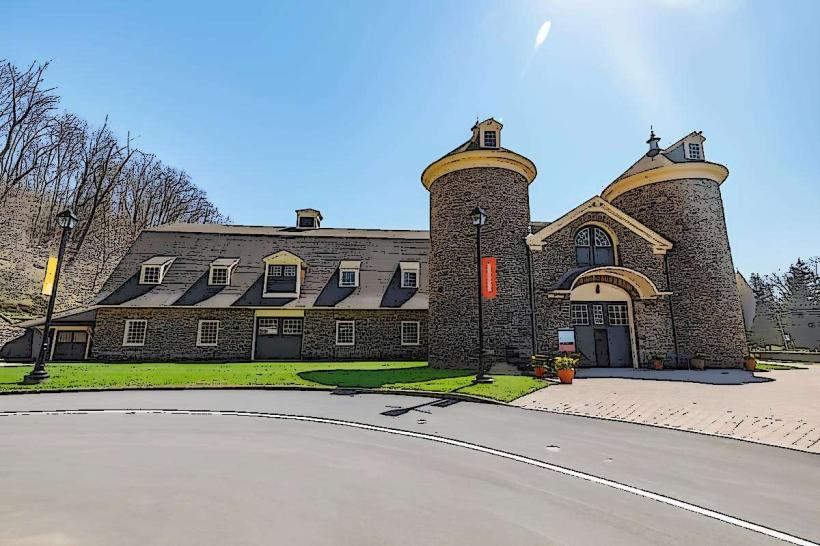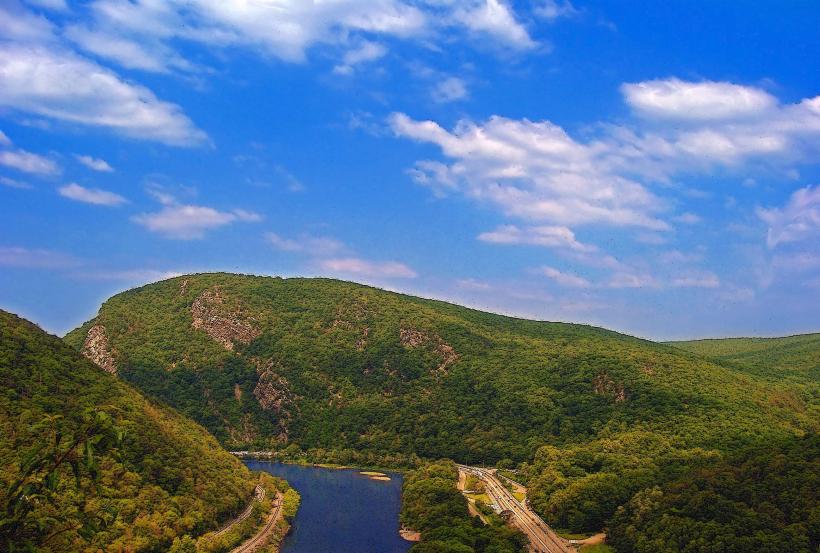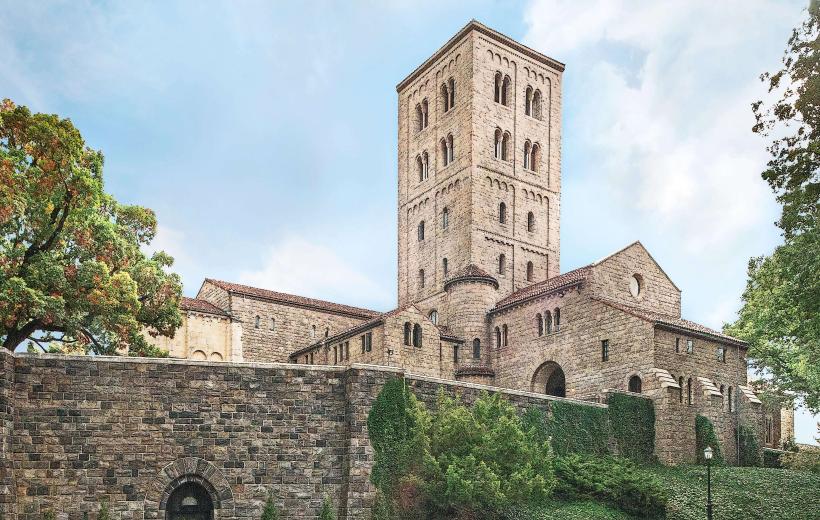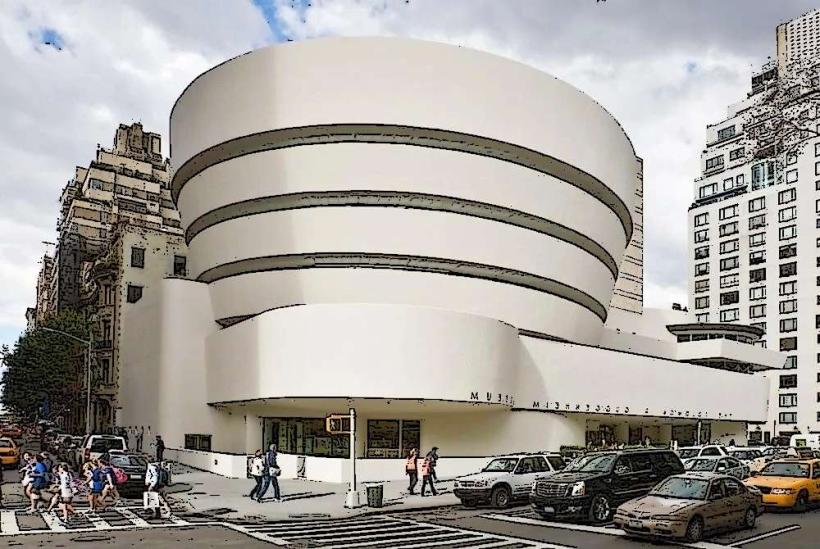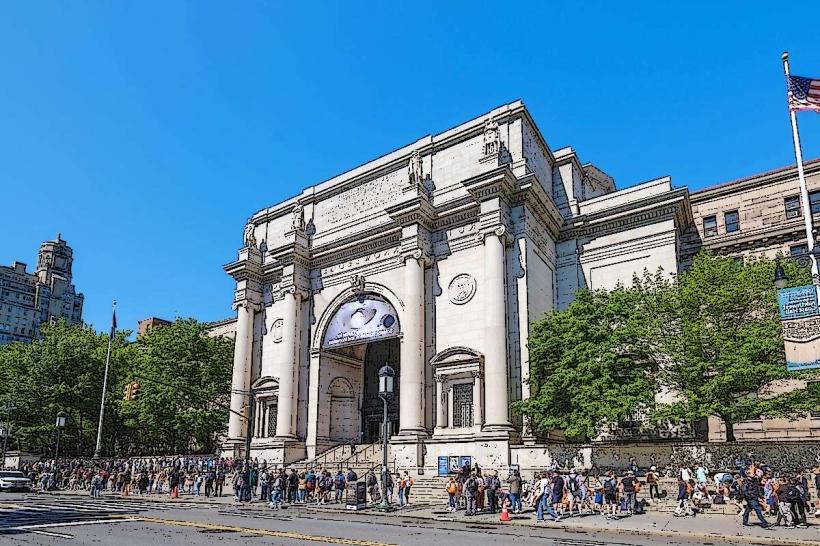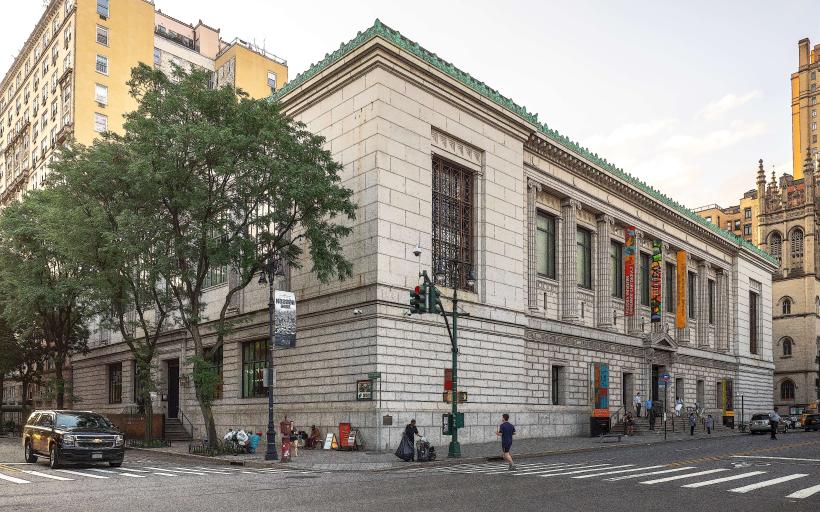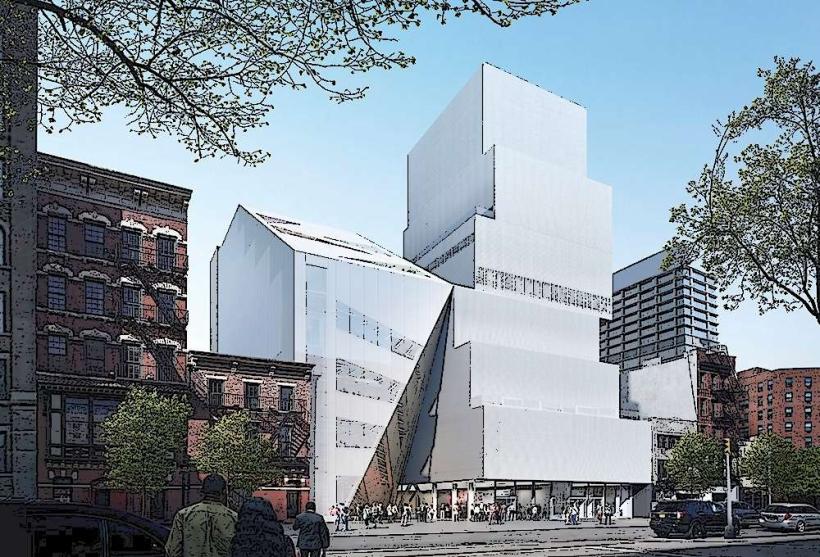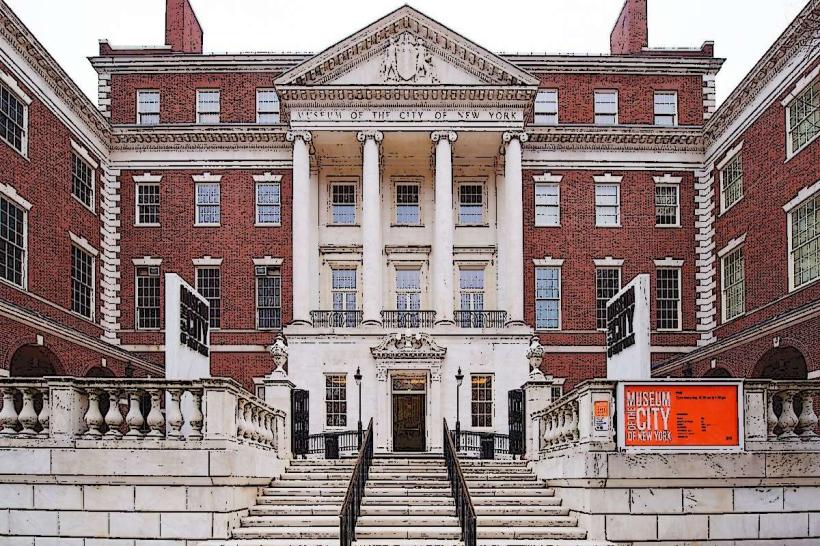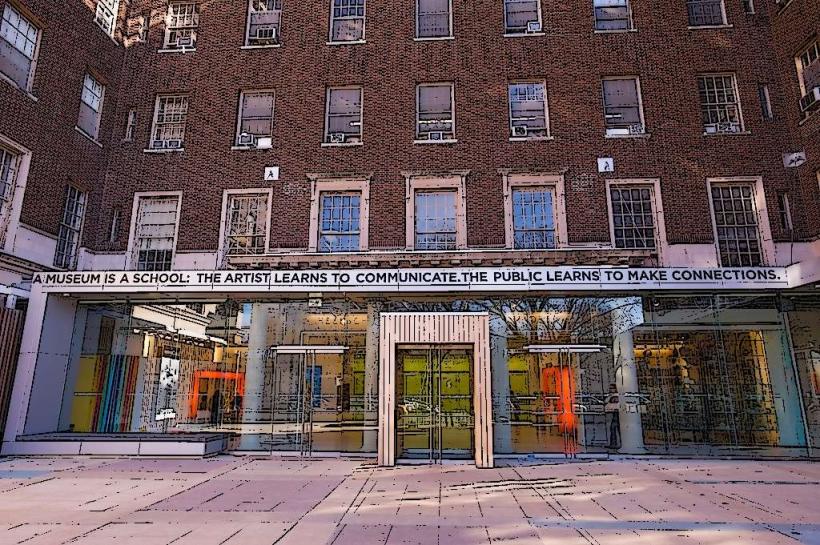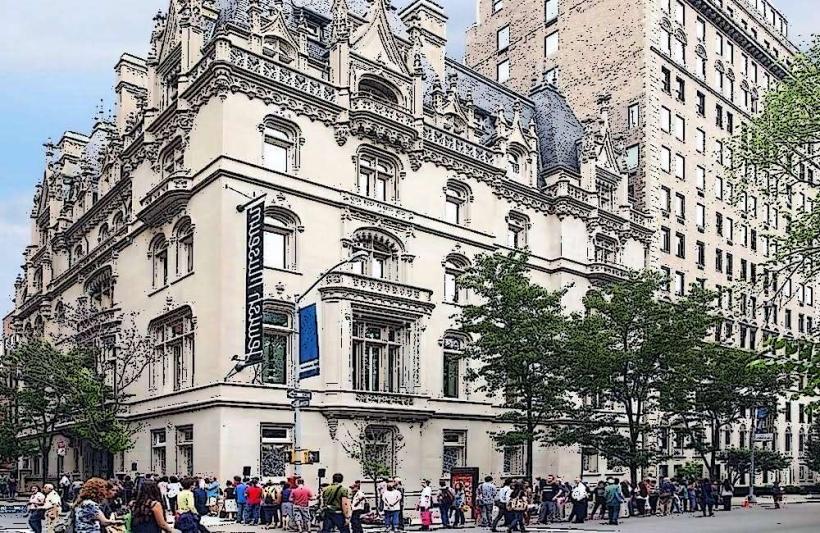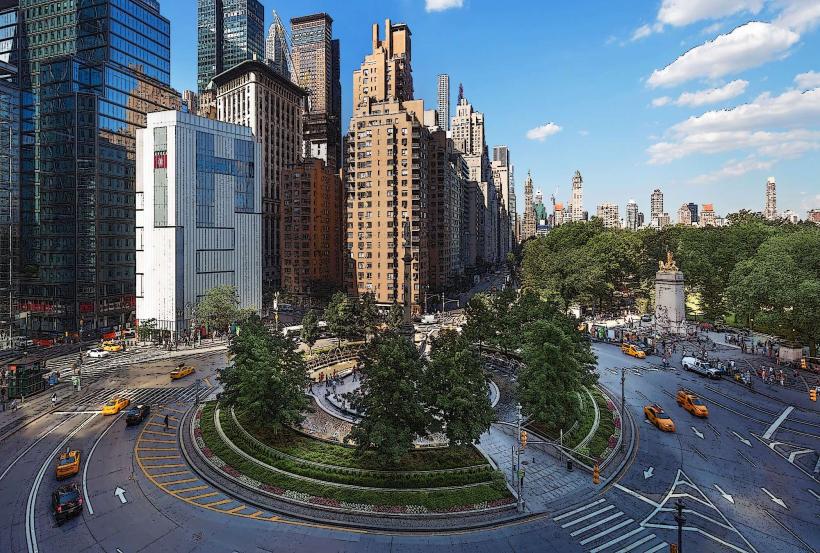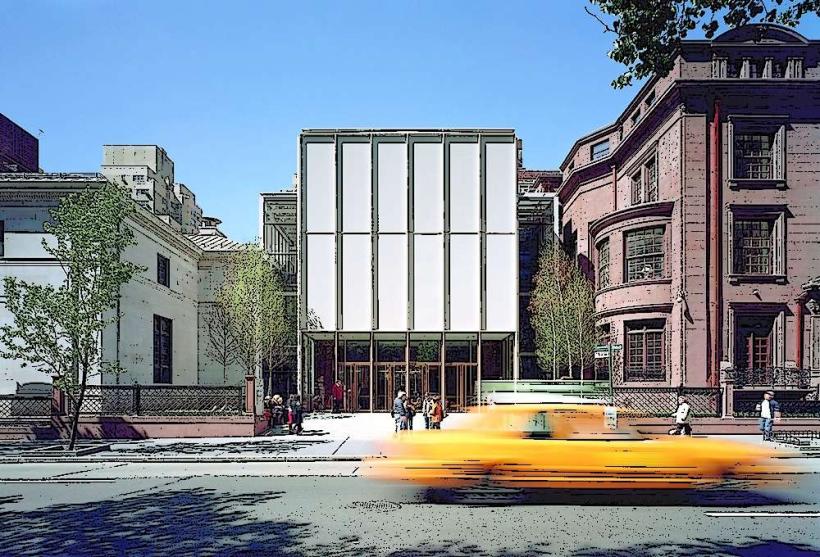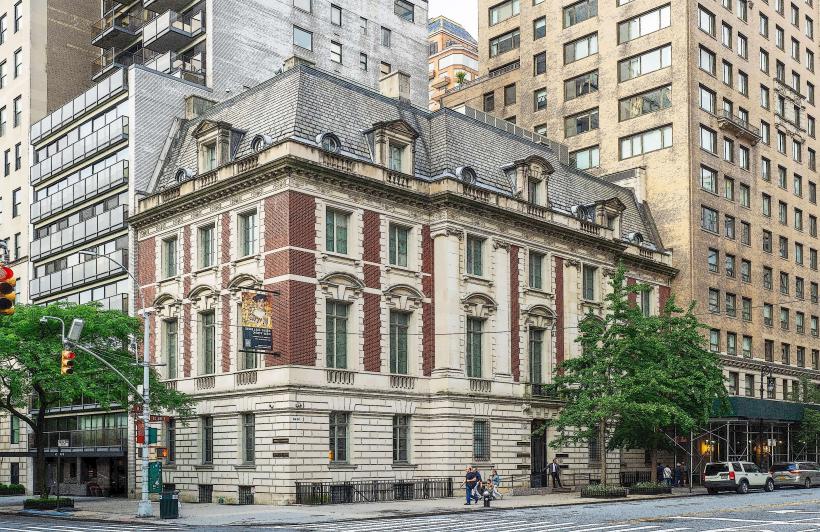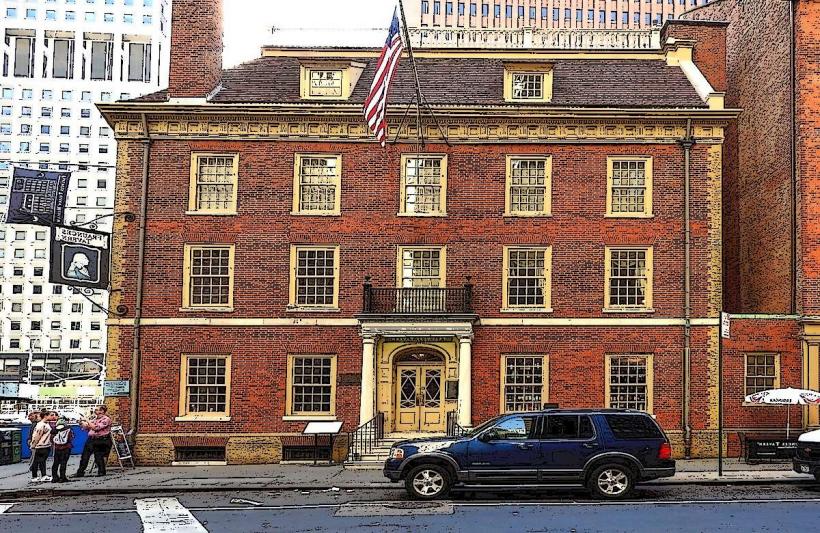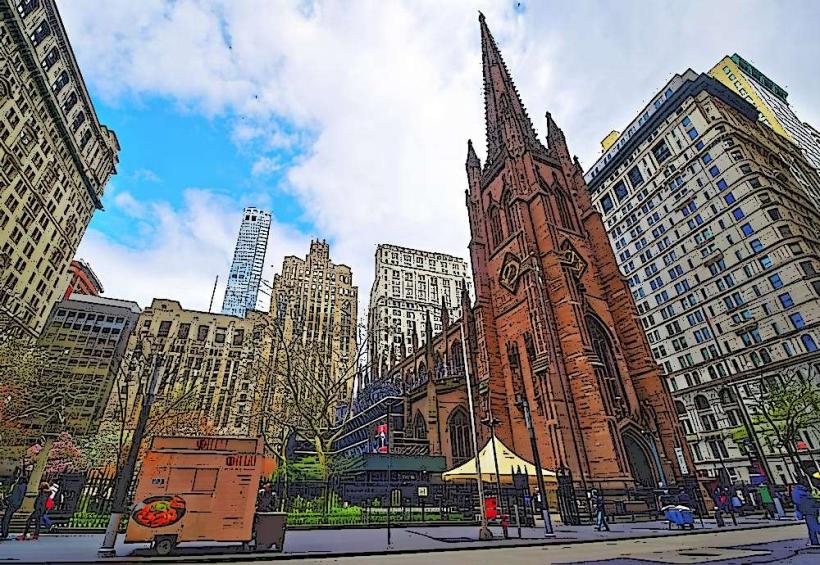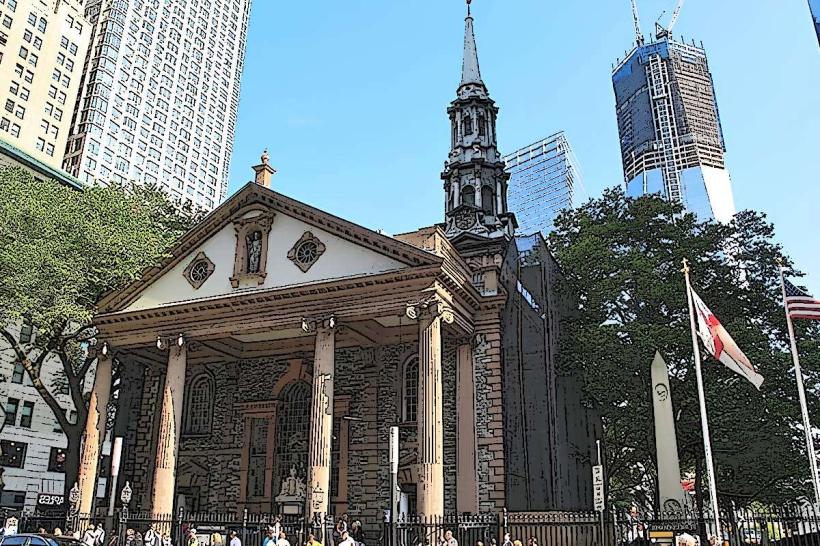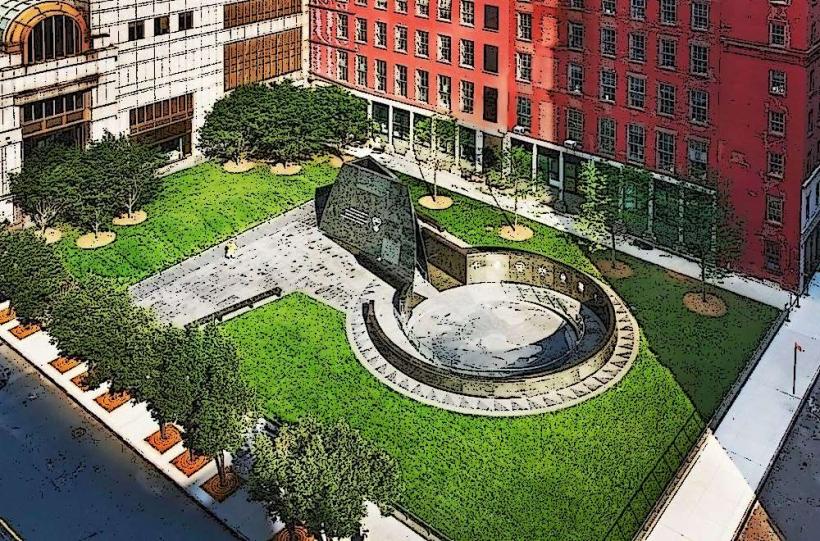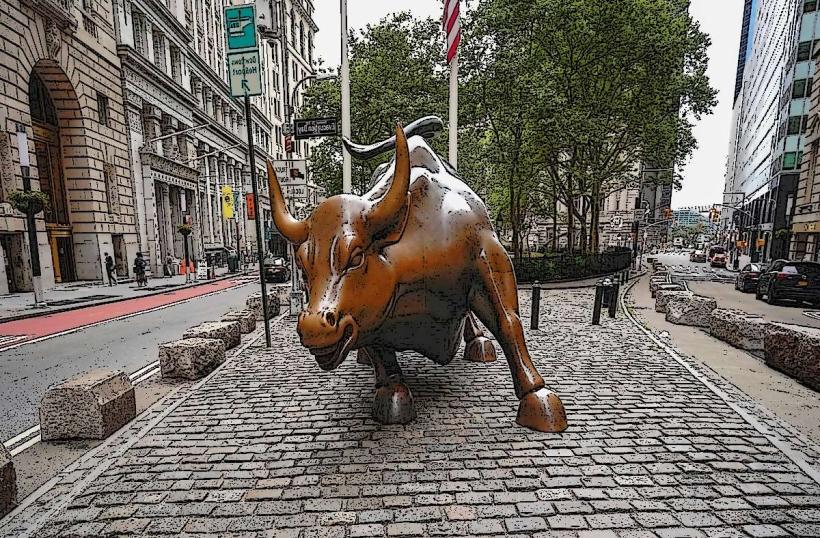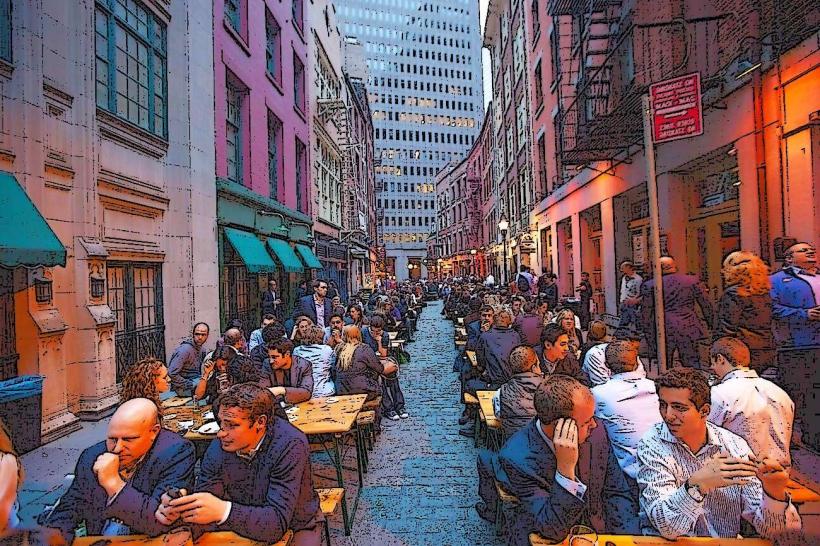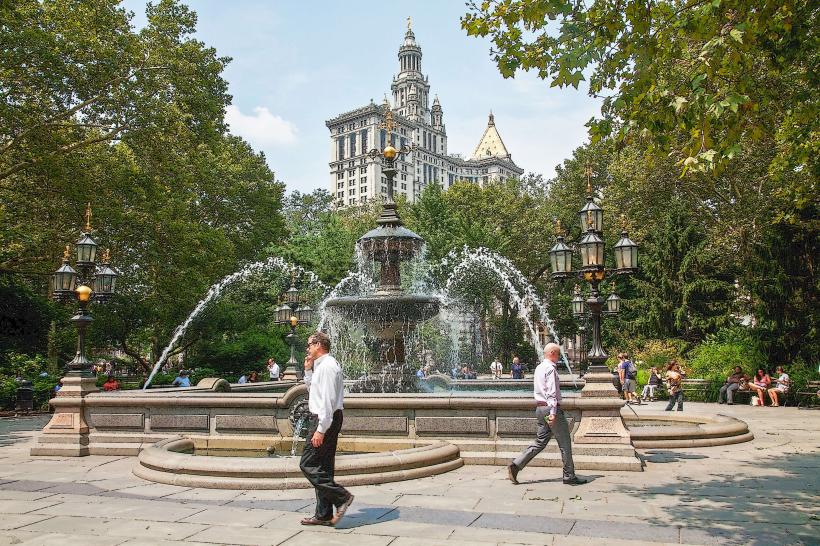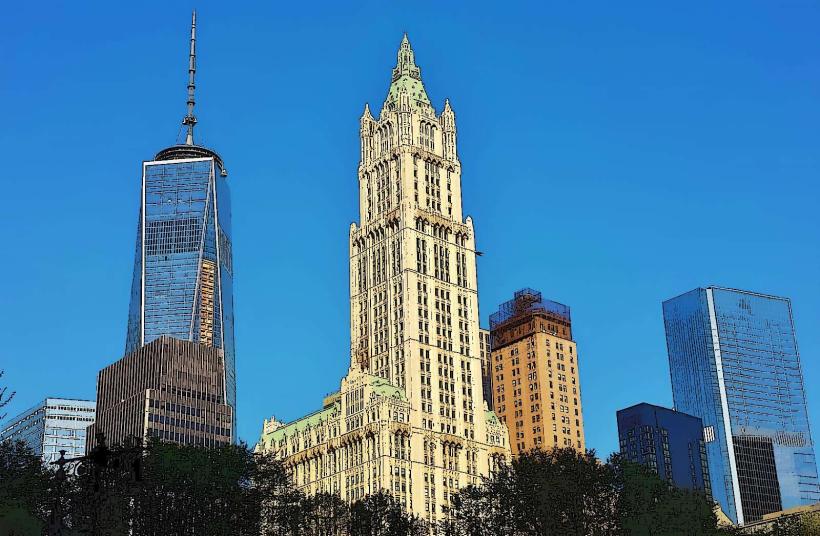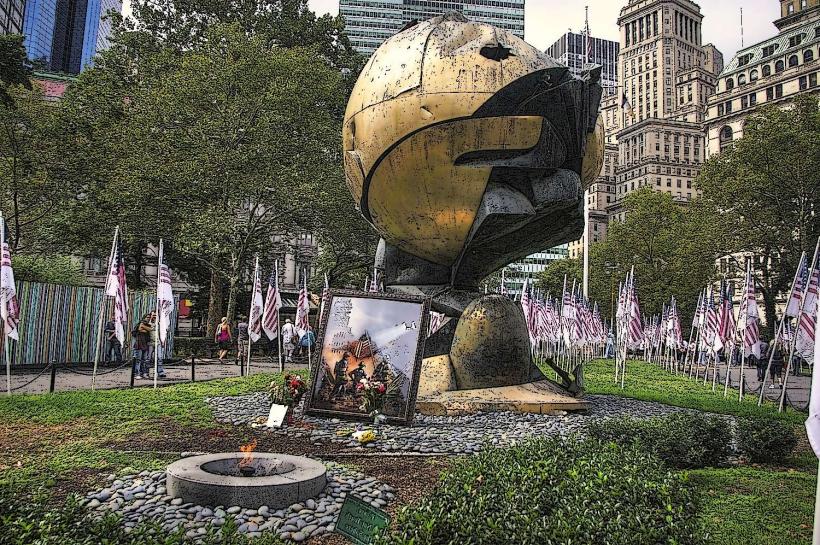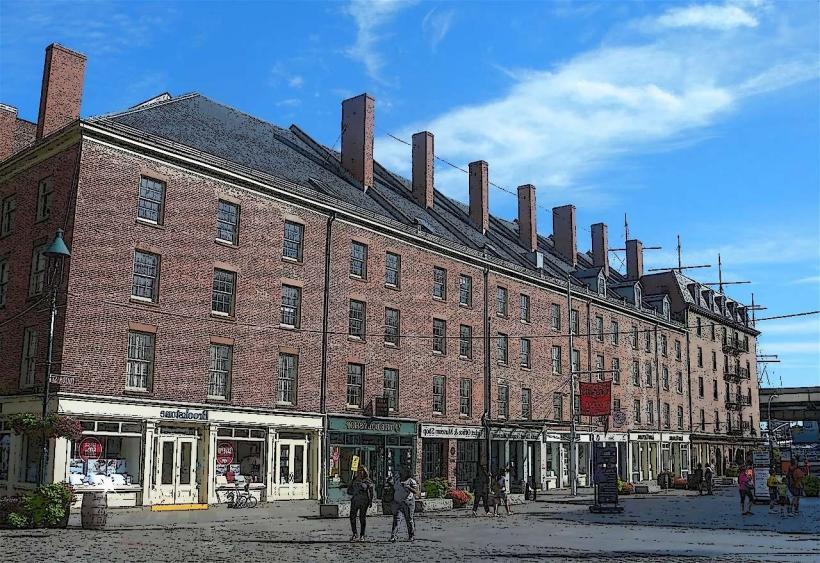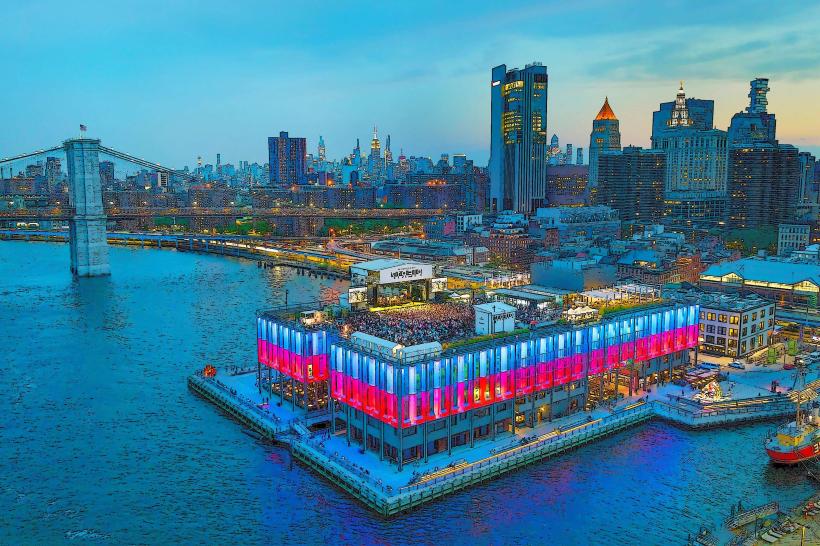Information
Landmark: Federal Hall National MemorialCity: New York
Country: USA New York
Continent: North America
Federal Hall National Memorial, New York, USA New York, North America
Federal Hall National Memorial is a United States National Memorial located at Wall Street and Broad Street in the Financial District of Manhattan, New York City.
It stands on the site of the original Federal Hall, which served as the first capitol building of the United States under the Constitution.
Visual Characteristics
The current structure is a Greek Revival building constructed primarily of white Tuckahoe marble. It features a prominent portico with eight large Doric columns. The building has a rectangular footprint and a domed rotunda within its interior. The exterior is characterized by its classical proportions and symmetrical design.
Location & Access Logistics
Federal Hall is situated at the intersection of Wall Street and Broad Street in Lower Manhattan. It is accessible via multiple subway lines, including the 2 and 3 trains to Wall Street, the 4 and 5 trains to Wall Street, and the J and Z trains to Broad Street. Numerous bus routes also serve the Financial District. Parking is limited and expensive in the immediate vicinity; public transportation is the recommended access method. The memorial is approximately 1.5km south of City Hall Park.
Historical & Ecological Origin
The original Federal Hall was built in 1700 as New York's City Hall. It was purchased by the U.S. Congress in 1789 and became the first capitol building. George Washington was inaugurated as the first President of the United States on its balcony. The original building was demolished in 1812. The current structure was completed in 1842 as the U.S. Custom House, designed by architects Ithiel Town and Alexander Jackson Davis. It was designated a National Memorial in 1955.
Key Highlights & Activities
Visitors can view the site of George Washington's inauguration, explore exhibits detailing the building's history and its role in early American government, and observe the rotunda and its dome. Ranger-led tours are available, providing detailed historical context. The memorial also houses the New York Stock Exchange's original ticker tape machine.
Infrastructure & Amenities
Restrooms are available within the memorial. Limited seating is provided in exhibition areas. Cell phone signal (4G/5G) is generally strong within the building. No food vendors are located directly within the memorial, but numerous options exist on nearby Wall Street and Broad Street.
Best Time to Visit
The best time of day for photography of the exterior is mid-morning or late afternoon when sunlight illuminates the marble facade. The memorial is open year-round, with weekdays generally less crowded than weekends. No specific tide requirements apply.
Facts & Legends
A significant historical event at the original Federal Hall was the ratification of the Bill of Rights by New York State in 1790. A lesser-known fact is that the current building was originally designed as a custom house, reflecting the area's economic importance.
Nearby Landmarks
- New York Stock Exchange (0.1km West)
- Charging Bull Sculpture (0.2km Southwest)
- Trinity Church (0.4km Northwest)
- Stone Street (0.3km West)
- Fraunces Tavern (0.5km Southwest)

